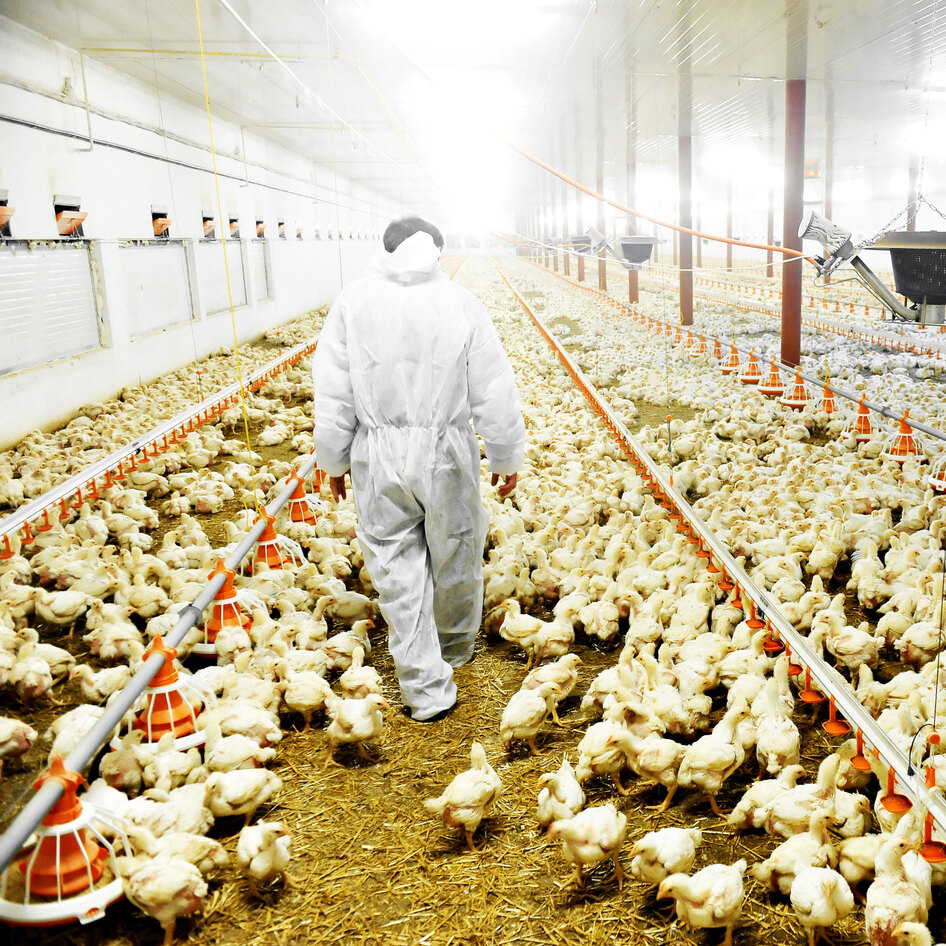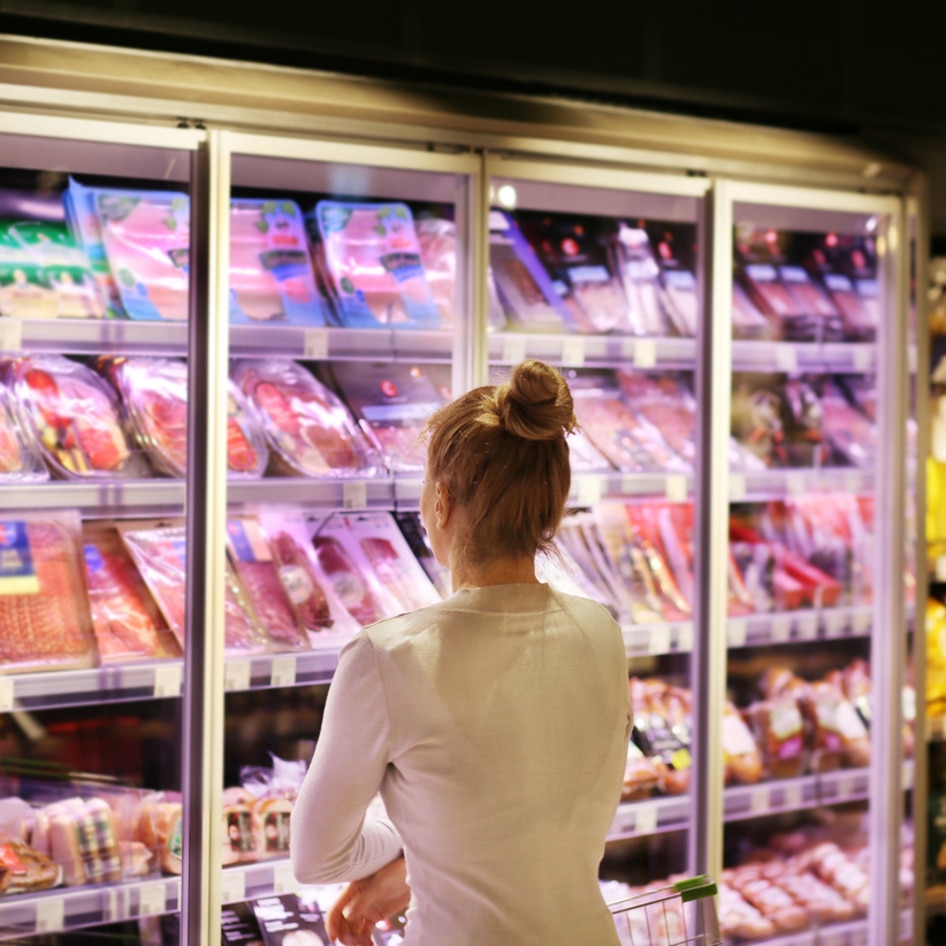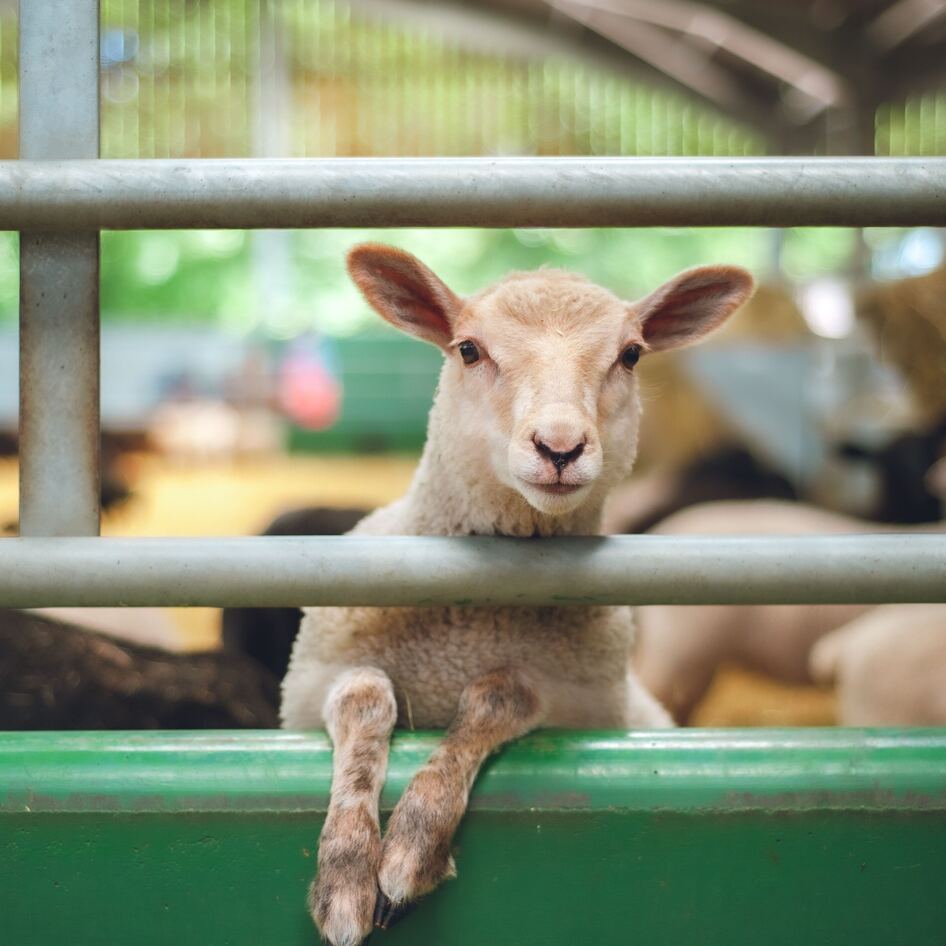The Iowa chapter of the League of United Latin American Citizens (LULAC)—the country’s oldest and largest Latino civil-rights organization—is calling upon consumers to boycott meat as slaughterhouse workers continue to test positive for COVID-19. Currently, approximately 25,000 COVID-19 cases have been tied to at least 238 meatpacking facilities in 33 states. Nearly 100 meat industry workers have died as a result of COVID-19, according to the most recent data compiled by the Midwest Center for Investigative Reporting.
In April, approximately 20 slaughterhouses—including those operated by meat giants Tyson, Smithfield, and JBS—shuttered temporarily after failing to contain the spread of COVID-19 at their facilities, where workers typically work shoulder-to-shoulder at breakneck speeds. On April 28, President Trump issued an executive order, invoking the Defense Production Act, to compel the reopening of slaughterhouses in an effort to prevent meat supply disruptions despite the ongoing spread of COVID-19 throughout the meatpacking industry.
In a press conference this week, LULAC representatives, along with a coalition of workers, activists, non-profit leaders, physicians, and academics from across the country, spoke about their new Boycott Meat campaign. Together, they disputed the mandate of President Trump’s Defense Production Act and plan to make it clear that meat is not, in fact, essential through their consumer campaign to boycott meat which will be promoted through social media, community events, and direct action. “We are in a very dangerous period of time for these workers,” Joe Enriquez Henry, LULAC Iowa Council 307 President, said. “Many of these workers are being infected by the virus—COVID-19—due to unsafe working conditions in these facilities. These facilities have been incubators for the virus due to the closeness of the workers, side-by-side; working on these lines cutting meat at a very high speed.”
Speakers at the conference also included vegan doctors Michael Greger, MD, Milton Mills, MD, Neal Barnard, MD; and activists Gabriel Ochoa (from People for the Ethical Treatment of Animals Latino) and Main Street Vegan author Victoria Moran. “The stressful working conditions … that many of these workers have to endure means that their work environment potentiates transmission of the virus,” Dr. Mills said. “The bottom line is that we really need to look at what these workers are being subjected to, hopefully close these plants until we can guarantee safety and encourage everyone to adopt a plant-based diet.”
In May, LULAC as a whole launched a similar campaign asking consumers to boycott meat on Mondays in May to bring awareness to the plight of slaughterhouse workers amid the COVID-19 pandemic. According to LULAC, 80 percent of the meat processing workforce is comprised of undocumented workers and refugees, and the COVID-19 pandemic is exposing their exploitation by the meat industry.
JUMP TO ... Latest News | Recipes | Guides | Health | Subscribe







